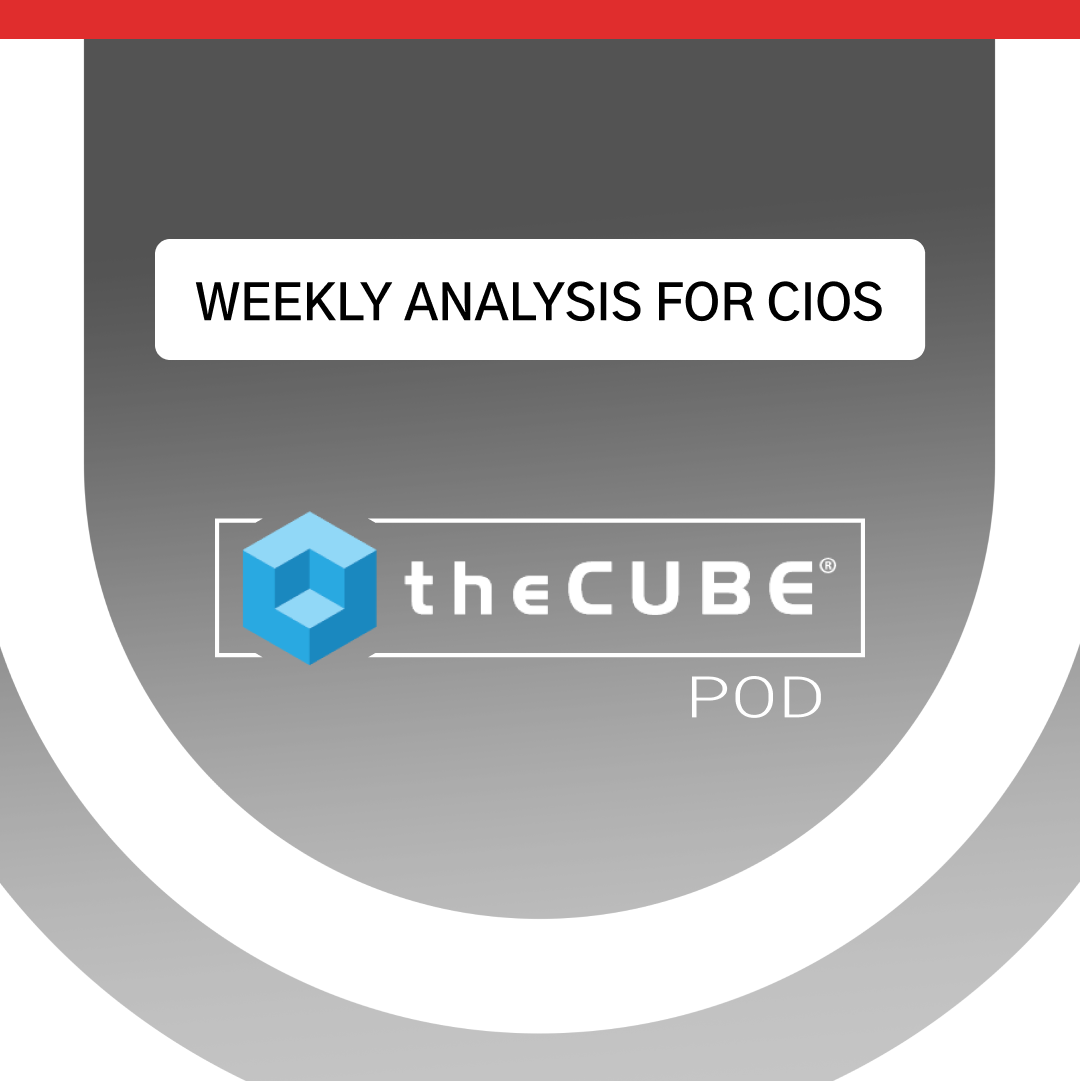The Trilogy for Discovering the Next Big Thing: Q&A with Delphix CEO Jed Yueh
![]() Virtualization has been a hot button lately, a topic we all but ran into the ground during VMworld last week. The annual event, hosted by virtualization company VMware, focused on the “right here and now” of virtualized services, another instance of the big player in the market finally addressing many of the issues smaller startups and firms have identified and serviced.
Virtualization has been a hot button lately, a topic we all but ran into the ground during VMworld last week. The annual event, hosted by virtualization company VMware, focused on the “right here and now” of virtualized services, another instance of the big player in the market finally addressing many of the issues smaller startups and firms have identified and serviced.
Certainly VMware has made an impact on an entire industry, inspiring Jedidiah “Jed” Yueh to do the same for databases what VMware has done for servers. His company, Delphix, offers a database software stack to create multiple instances that look and behave like individual databases, and from there the orchestration layer syncs with data from multiple sources across locations. In essence, Delphix leverages virtualization technology to make the data you need accessible to anyone across your organization, in a fraction of the time some its rivals are able to do.
Yes, Jed has set out to unleash game-changing technology to revolutionize an industry, and it’s become a hobby of his, after successfully selling his first startup Avamar. In today’s CEO Series Jed tells us the importance of virtualization and how Delphix is capitalizing on this massive market opportunity, offers his advice to entrepreneurs looking to cash in on the “next big thing,” and shares his favorite era in IT.
What’s the biggest industry shift you’ve had to account for since selling Avamar and launching Delphix?
In the last few years, three major application platforms have reached critical mass: powerful mobile devices, social media, and cloud infrastructure. Businesses across the world leverage these platforms to build countless new applications that get them closer to customers or put transactions into customer hands (e.g. cashing checks by mobile picture or checking into a flight by phone). Businesses across the world build on these platforms or risk having their market positions undercut by competitors.
Eventually, all of the data driven by these applications has to be managed, stored, and connected to customer and financial information kept by and large in relational databases.
At Delphix, we initially focused on the hardware savings from database virtualization but learned from our customers that the agility benefits of our technology far outweigh the hard-cost savings. Virtual databases are easier to set up, tear down, rollback in time, or refill with fresh data, helping customers like Facebook, Comcast, Macy’s, and Qualcomm reduce time to market for their application projects by as much as 80%—an enormous and enduring benefit when you consider that the pace of application evolution is likely to accelerate. The law of evolution applies to businesses, too—adapt or die.
![]()
![]()
See the entire CEO Series with Kristen Nicole on Pinterest and Springpad!
.
You say the database is the second biggest market of impact for IT. How can virtualization leverage this booming market?
Applications that run on databases sit on highly complex infrastructure stacks with a tangled web of dependencies and customizations—differing versions and releases of applications, middleware, databases, operating systems, servers, networks, and storage. Due to the business critical nature of financial, sales, marketing, and other applications, even small changes, like application updates, have to be tested in separate environments before they can be rolled out into production with confidence.
As a result, IT organizations have to create and refresh data across multiple copies of application and database environments for development, testing, quality assurance, integration, user acceptance, pilots, and training. While server virtualization has driven efficiencies at the server layer, the database layer has yet to fully benefit from virtualization, until now. At Delphix, we virtualize the data layer of databases—across all the pre-production environments. If you had data x-ray vision and looked across pre-production environments, you would find that 98% of the blocks are redundant and can be virtualized with a data-centric technology. With smart software, it no longer makes sense to make and move physical copies of data.
You have an eye for game-changing technology that revolutionizes a market. What would you tell an up and coming entrepreneur when seeking the right product for their business goals?
![]() In enterprise technology, I look for a product trinity. First, make sure you have a highly differentiated value proposition—an unfair competitive advantage. Too many technology companies provide incremental improvements in the 10% to 50% category, which falls into the “too hard” category. Enterprises have high switching costs and set up countless barriers to adoption. A low value proposition makes it too hard to build a new business and overcome the hurdles to adoption—especially when opportunities for 10x or 100x improvements exist. At Delphix, we often provide over 100:1 time reduction in data refresh, provisioning, federation, and rollback.
In enterprise technology, I look for a product trinity. First, make sure you have a highly differentiated value proposition—an unfair competitive advantage. Too many technology companies provide incremental improvements in the 10% to 50% category, which falls into the “too hard” category. Enterprises have high switching costs and set up countless barriers to adoption. A low value proposition makes it too hard to build a new business and overcome the hurdles to adoption—especially when opportunities for 10x or 100x improvements exist. At Delphix, we often provide over 100:1 time reduction in data refresh, provisioning, federation, and rollback.
Second, minimize friction to adoption. Products that require armies of consultants or months to deploy inherently limit the rate of product adoption and market expansion. At Delphix, our product installs in minutes, without impacting or requiring agents on production systems. Last, make sure the product addresses a significant market. The size of the market sets the ceiling of the glasshouse in which your startup can grow. Why grow your startup under a $100 million ceiling if you can grow one under a $10 billion ceiling? Along with key variables like team quality and execution, product differentiation, friction to adoption, and addressable market define the equation of success or failure.
You’ve successfully identified two revolutionary business opportunities, despite being a self-proclaimed “accidental entrepreneur.” What gives you confidence in the future?
At Delphix, we invest in engineering. Our engineering team includes co-founders, inventors, and architects of several defining products in enterprise IT, including ZFS, Oracle Active Data Guard, Oracle Flashback, Oracle RMAN, and Solaris DTrace. Great engineers want to work on hard technical challenges with talented peers, at companies that can enter into sustained hyper growth. Having pinnacle innovators with proven execution gives me great confidence in our future.
Great engineering teams can form a fountainhed of innovation. At Delphix, our extended, private roadmaps include innovations that can equal or even surpass the database virtualization platform itself. Our roadmap of products and extensions will pay dividends to the customers who invest in our platform and to our employees and shareholders for years to come.
![]()
Jedidiah “Jed” Yueh
GAME CHANGER
.
Favorite Sci-Fi book?
Dune by Frank Herbert
Favorite era for IT?
Rise of Internet search (key enabler for my startups)
Biggest career regret?
Failing to build a great company at Avamar
A message from John Furrier, co-founder of SiliconANGLE:
Your vote of support is important to us and it helps us keep the content FREE.
One click below supports our mission to provide free, deep, and relevant content.
Join our community on YouTube
Join the community that includes more than 15,000 #CubeAlumni experts, including Amazon.com CEO Andy Jassy, Dell Technologies founder and CEO Michael Dell, Intel CEO Pat Gelsinger, and many more luminaries and experts.
THANK YOU













